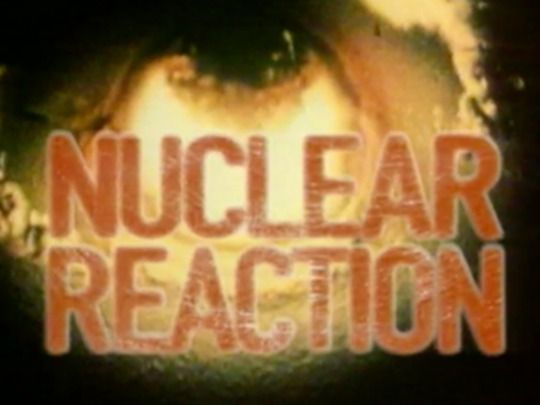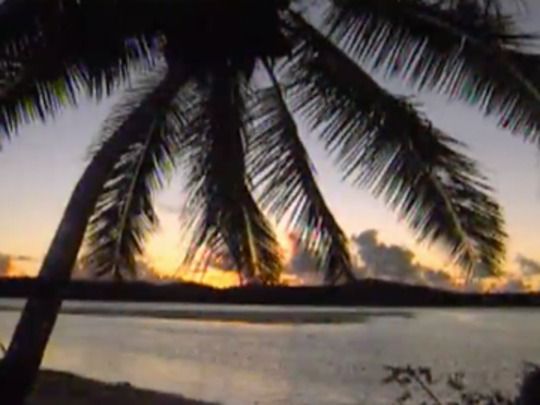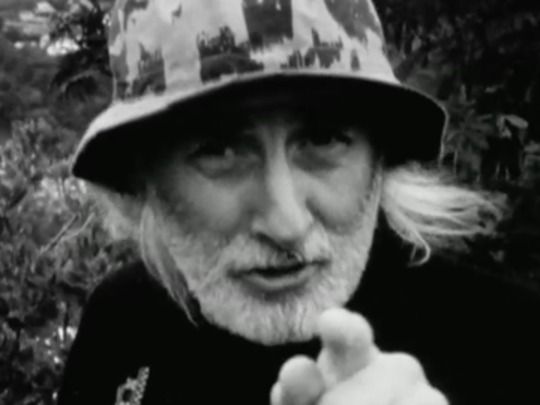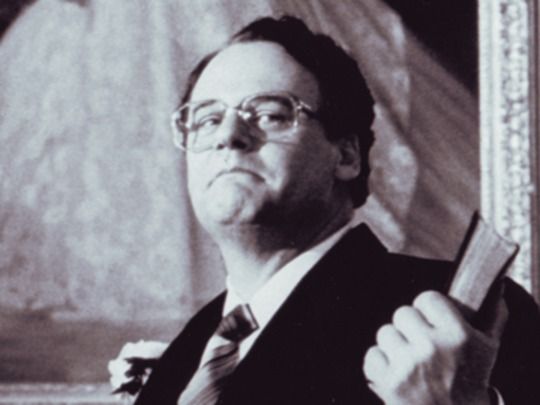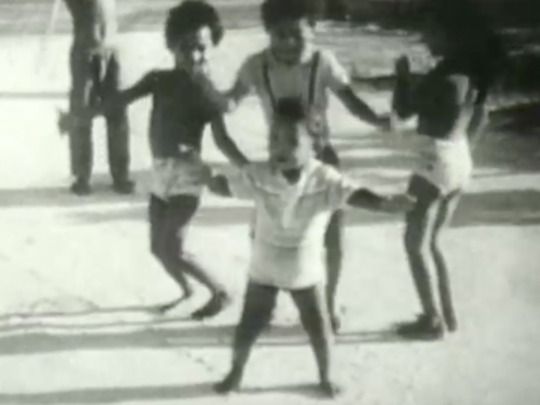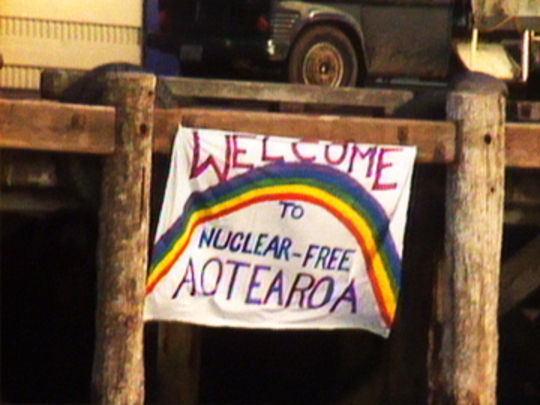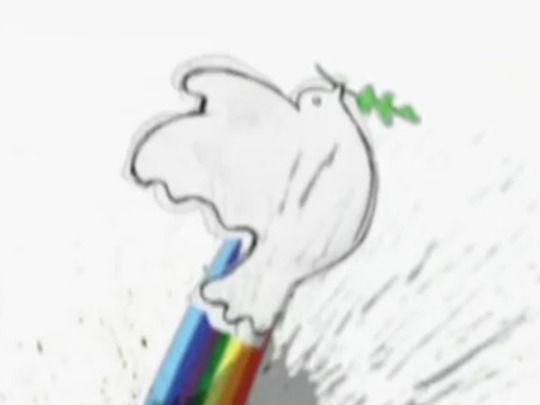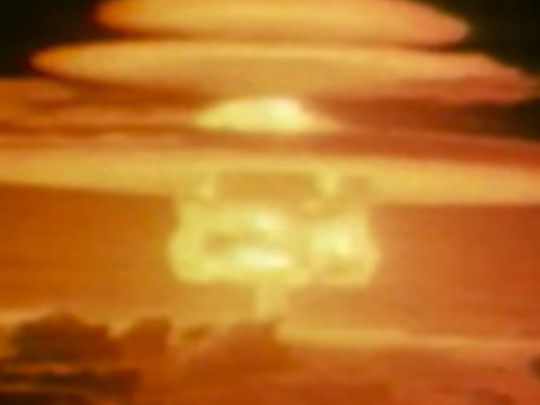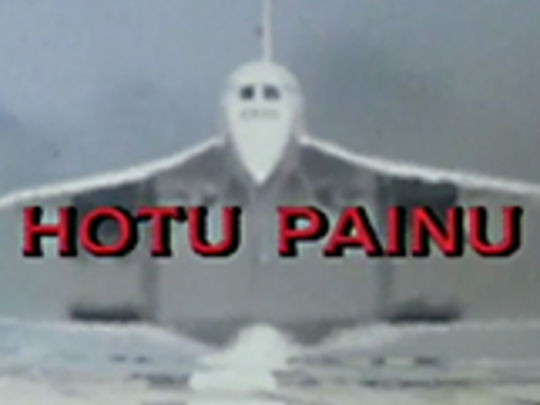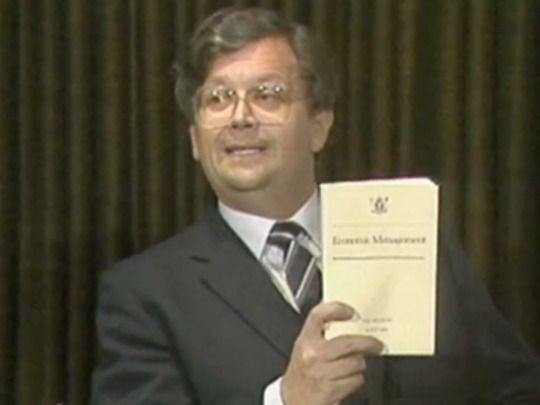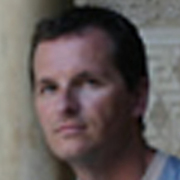Nuclear-free New Zealand
How we learned to start worrying and loathe the bomb
Funny how history turns out, isn't it? How it twists and tangles. Who would have thought that the country that gave birth to "the father of the atom" would take such a strong lead in the campaign against nuclear weapons, power and propulsion? Or that what started as a radical protest would become a foundation stone of national identity?
New Zealand's nuclear-free status seems like a birthright now, as right and natural as a tui in a totara or an All Blacks victory. But we walked a winding path to that historic piece of legislation in 1987, enacted "to establish in New Zealand a Nuclear Free Zone". How winding? This collection gives a pretty good idea.
The pointed reference all the way back to Sir Ernest Rutherford comes in Alan D'arcy Erson's and George Andrews' fascinating Nuclear Reaction from 1995, which includes the sad-eyed Robert Oppenheimer's fear that thanks to the invention he created from Rutherford's first spark "civilisation may go under", and first-hand memories of New Zealanders — young mothers and men pissing on the side of the road — who saw a vast glow on the horizon when the US tested an H-bomb in the Pacific in 1962.
This exhibition, however, starts with television from 1973, including Norman Kirk's interview with David Frost in which Kirk, with political candour that's rare these days, explains the thinking behind his government's decision to send a frigate to Moruroa.
Kirk says it was a blatant PR stunt, a ship that stood as "a silent witness" so that all the world could see. Other memorable 'no nukes' statements in the collection range from Lange's Oxford Union address to Billy T James' nuclear-free taiaha. The collection's most recent item is from 2005: a Greenpeace-inspired remake of Don McGlashan's 'Anchor Me', marking the 20th anniversary of the Rainbow Warrior bombing.
Just how history plays its games is writ large in TVNZ's pre-election 1984 Leaders' Debate, when then Prime Minister Robert Muldoon went head to head with Labour Party leader David Lange (who would be Prime Minister a week later). With the polls stacking up against him, Sir Robert vainly tries to paint National as a party consistently opposed to nuclear weapons and testing. History may have been chuckling at his spin, but it also laughs at Lange, who repeatedly insists that New Zealand can have its nuclear-free cake and eat with America too. "It's not the end of ANZUS," he says. But of course it was.
Lange being Lange, he is also able to dance his way through Muldoon's — quite accurate — attack that the Labour leader was somewhat at odds with his party's grassroots. Lange says in the interview he knows the difference between a nuclear reactor and a nuclear bomb, but it was a distinction that his party, and ultimately his country, didn't want to make and three years later both were banned.
Interestingly early activism against nukes was — amidst the 1970s oil crisis — anti-nuclear power. A classic curio dusted off for this collection sees ex-Goon Spike Milligan advocating against nuclear power from a windy Wellington hillside. Fearful of wearing "lead-lined underwear all my life" Milligan urges Kiwis to "just put up a windmill daddy!"
The weapons issue was of course to become central as the Cold War arms race intensified, and the United States military refused to "confirm or deny" their presence on their ships and submarines entering NZ territory. Countless responses from artists were not so equivocal.
Principled patriotism found its protest marching standards in pop culture: setting the beat was From Scratch's Pacific 3-2-1-Zero, with Che Fu chanting of "Pacific lambs to the slaughter", and reggae pioneers Herbs delivering the message: "Let me be more specific: get out of the Pacific!"
We became — and we remain — nuclear-free; a stance that's turned heroic in the national psyche. When Kirk tells Frost that we may be small, but "I don't think New Zealand's a doormat", he touches on the grain of bugger-them-ness in our national soul that for 25 years now has taken such pride in our no nukes policy.
From the cliff top of 2012, we can see the remarkable foresight of our stance and how — against all odds and expectations — history's arc has bent our way. While we've stayed staunch, the world has changed. The policy that once made us an outcast is the very thing that makes us valuable to our key western allies. We can never know where final judgment may lie, but for now at least we are on the right side of history.
Despite the fears going nuclear-free would leave us "defenseless" (and friendless), we stuck to our guns — or rather, went without guns. And in those intervening years we grew a more independent foreign policy, which in turn earned respect and trade opportunities in Asia.
A generation on, the United States has rekindled the friendship — as of this year our nuclear-free military trains alongside US troops, as well as fights alongside them. Perhaps most remarkably of all, we have seen the day when a US president (Obama in Prague in 2009) stood and stated "clearly and with conviction America's commitment to seek the peace and security of a world without nuclear weapons".
It took a while, but the cake and the eating are both ours. We dared, we won, and proved Kirk right. New Zealand's no doormat.
- Tim Watkin has been a senior writer at The NZ Herald, deputy editor of The Listener, a blogger for The Guardian (UK) and Pundit.co.nz, and has won multiple Qantas Awards. He has produced current affairs shows Q+A and The Nation.
